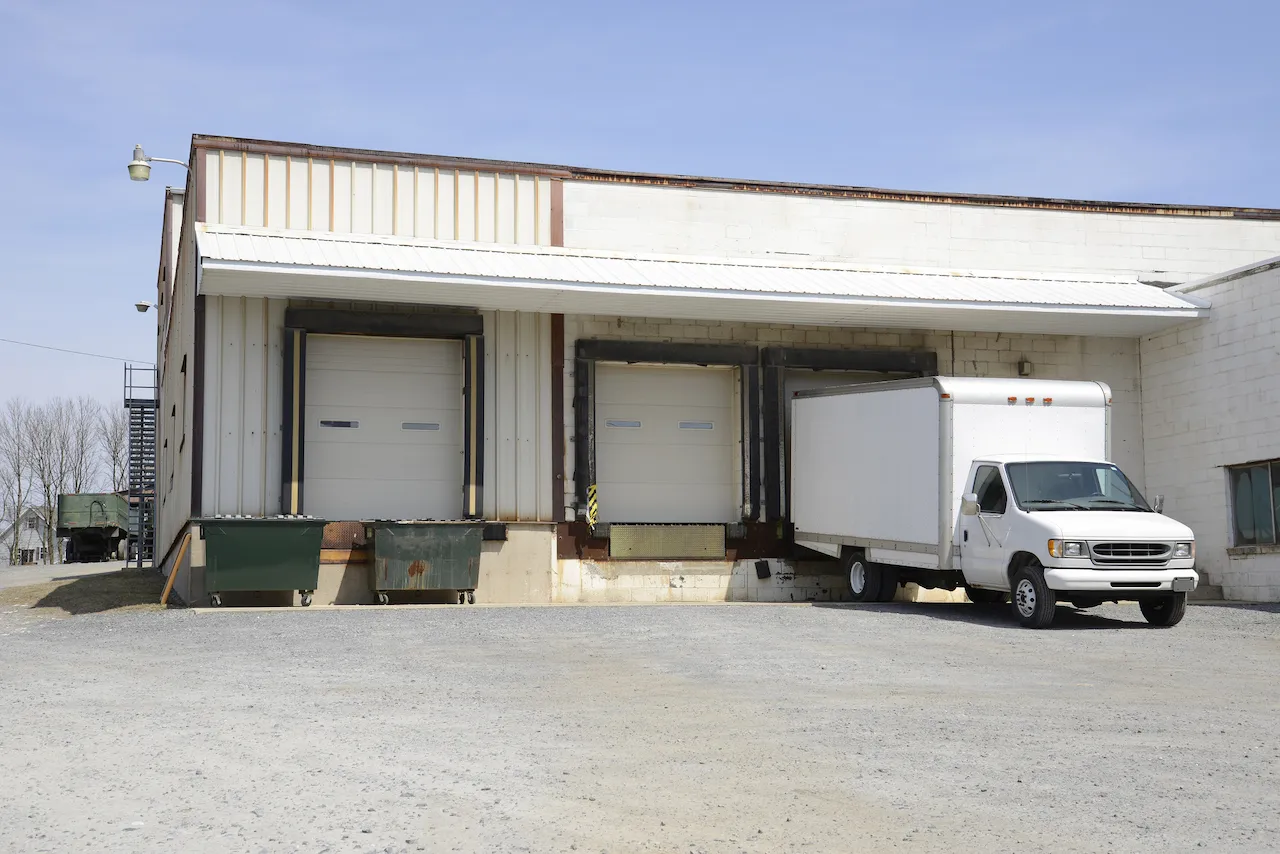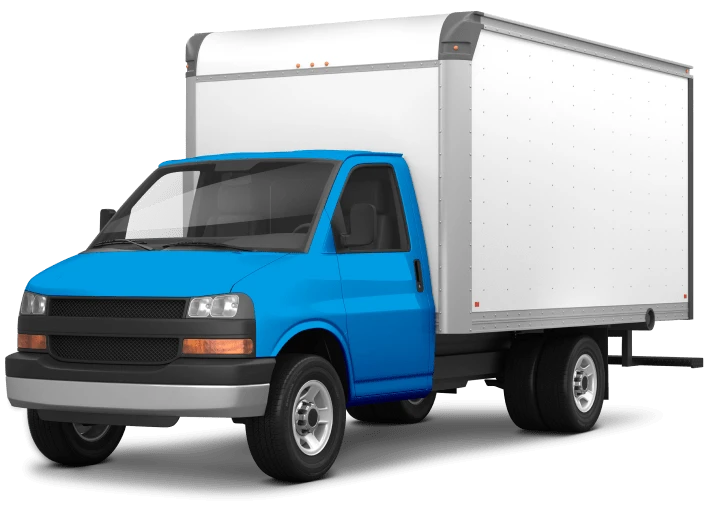LTL vs. FTL
LTL and FTL are two different transportation services. In our blog post, we’ll explain which one of them you should choose depending on your cargo. Subscribe to our blog to get regular updates.
LTL vs. FTL

Less Than Truckload vs. Full Truckload
LTL and FTL shipping are two different shipping services, but they play a significant role in the transportation industry. Each of these shipping methods has its own requirements in terms of freight weight and dimensions. Also, they have their own pricing. Thus, rates are completely different.
You, as a shipper, should know about LTL and FTL as it can directly affect the supply chain of your business. If you are not a business owner, you still need to be familiar with the terms and know which service will be faster and more cost-effective for you.
LTL Definition
Less than a truckload, abbreviated LTL, is a shipping service for small freight when the whole truck/trailer space is shared between different consignors. You only pay for the space that is occupied by your cargo. LTL shipping is used for freight that weighs between 150 and 10,000 lbs.
FTL Definition
Full truckload, abbreviated FTL, is a shipping service for large amounts of freight that takes more than half or all the truck/trailer space. For FTL freight, carriers mostly use trailers with 48’ or 53’ capacity. However, smaller vehicles can also be utilized.
Difference Between FTL and LTL
When choosing between FTL and LTL, you should consider the main differences between these shipping services.
- Weight. LTL shipments are smaller (150 – 10,000 lbs), while FTL exceeds 10,000 limits.
- Transit time. FTL usually takes faster to deliver as the driver has to make fewer stops. FTL goes from point A to point B without necessary delays.
- Cost. FTL is more expensive than LTL because you pay for the entire truck. However, splitting one FTL freight into multiple LTLs would be even more expensive.
- Fragility. If your freight is sensitive, then FTL shipping would be an optimal choice because the freight is only handled on pickup and delivery.
LTL vs. FTL Weight
As we mentioned before, LTL is for smaller shipments, while FTL is for big volumes of freight. In numbers it would be:
- FTL: anything from 10,000 lbs to 48,000 lbs, or up to 26 non-stackable or 52 stackable pallets
- LTL: anything from 100 to 10,000 lbs (sometimes 20,000) or 6 standard pallets
LTL vs. FTL Rates
Pricing for both services is almost the same. Aspects that affect the rates are:
- Regionality
- Freight type
- Mileage
- Weather and season
- Fuel cost
The difference between LTL and FTL pricing depends on these factors:
- Freight weight and dimensions
- Chosen service
- Additional services
LTL vs. FTL Shipping Times
This is one of the main differences between these shipping services. LTL takes longer to deliver due to freight consisting of multiple shipments that have their own destination. So, while FTL has only pickup and delivery points on the route, LTL freight has several stops that increase transit time.
It is okay if you are not limited by time frames, and your freight is not time-sensitive. If you want your delivery faster, then FTL is the way to go.
Please fill out the form and one of our experts will contact you as soon as possible.
